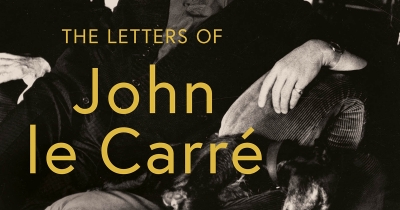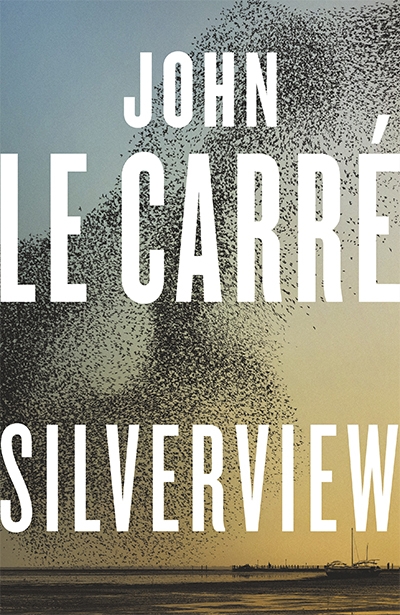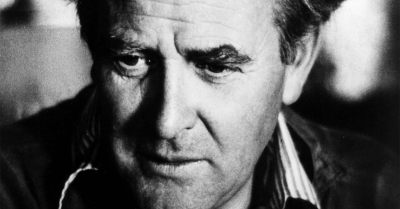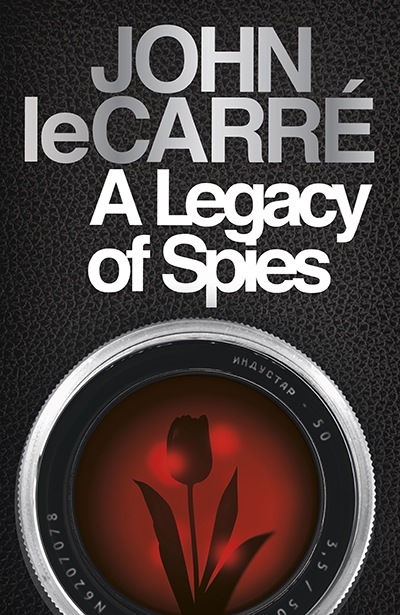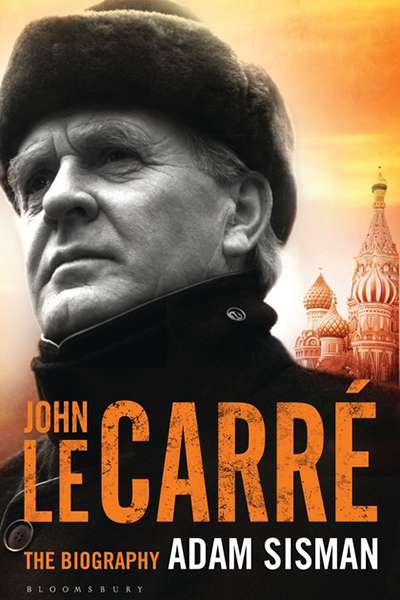John le Carré
A Private Spy: The letters of John le Carré edited by Tim Cornwell
by Michael Shmith •
The voice on the telephone, not brusque or curt, came straight to the point. ‘How long are you in London for? And would you be free for dinner this Friday?’
... (read more)In describing the enduring cultural impact of The Spy Who Came in from the Cold – published fifty years ago and often nominated as the best spy novel ever written – a good place to start, strange though it may sound, is James Bond. John le Carré’s squalid yet subtle world of Cold War spies may appear antithetical to the glamorous fantasy of Bond. But it is clear from the last three Bond films, and especially the latest, Skyfall (2012), which of the two visions of espionage, Fleming’s or le Carré’s, is the more mature and compelling.
... (read more)
